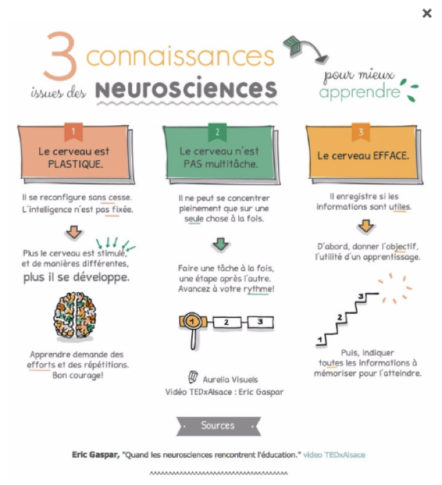If like me you laugh(ed), but somewhat quizzically, upon first hearing the following joke, you may want to read further.
What did the hippocampus say in its retirement speech?
Thanks a lot for the memories!
Get it?
Most of us would probably chuckle at this humor, though perhaps more by logical inference than perfect clarity as to the exact meaning of the words involved. We are likely to presume rather than know for sure that 1. the hippocampus is an area of the human brain and 2. its main function is memory.
Hee, hee.
What I appreciate about this joke is the droll mystery of the human mind which it evokes. In so many respects, our brains are perhaps what we know best about ourselves, thinking, dreaming, feeling and otherwise living through them as we do, and at the same time they may also be what we understand least about ourselves, though we marvel in their extraordinary functions.
I thought of this tickler and its somewhat enigmatic nature 10 days ago when attending a lecture on neuroscience at the annual seminar for heads of French schools in North America organized by the Agence pour l’enseignement français à l’étranger (otherwise known as the AEFE). The talk, given by Eric Gaspar, a teacher of mathematics and a specialist in brain-based pedagogy from France, was clear, thoughtful and compelling. It was also a powerful reminder that among the revolutionary forces at work in the extraordinarily changing world of education today the discoveries we have made in the field of neuroscience over the past few decades should be at the forefront of the ways in which we as educators design, bring to life and improve over time our students’ learning experiences.
For Mr. Gaspar, the remarkable advances we have made in understanding the human brain formally merged with our research into educational excellence about a decade ago, notably with the publication of a pathbreaking and widely read report by the OECD entitled, “Understanding the Brain: the Birth of a Learning Science.” 
For him, three neuroscience breakthroughs are especially important for teachers, as well as, and perhaps above all, students to grasp and integrate. One: our brains are characterized by exceptional plasticity, meaning that they are capable of and constantly engaging in growth. Two: our brains flourish when they are focused, not when they are multitasking. Three: our brains erase, i.e. we do not automatically remember everything or retain anything forever.
I will be exploring these affirmations and their ramifications for pedagogy and learning in a subsequent blog post, but raise them here to mark the significant place they occupy in our educational philosophy and practices at the Lycée Français de New York. Of course, they also give me an irresistible opportunity to share a little more neuroscience humor. Ready?
What do we call a group of brains who form a singing group?
A glia club!
What do you think?
Eric Gaspar TED Talk
About the Author :
Sean Lynch was Head of School at the Lycée Français de New York from 2011 to 2018, after having spent 15 years at another French bilingual school outside of Paris: the Lycée International de St. Germain-en-Laye. Holding both French and American nationalities, educated in France (Sciences Po Paris) and the United States (Yale), and as the proud husband of a French-American spouse and father of two French-American daughters, Sean Lynch has spent his entire professional and personal life at the junction between the languages, cultures and educational systems of France and the United States. In addition to being passionate about education, he loves everything related to the mountains, particularly the Parc National du Mercantour.

